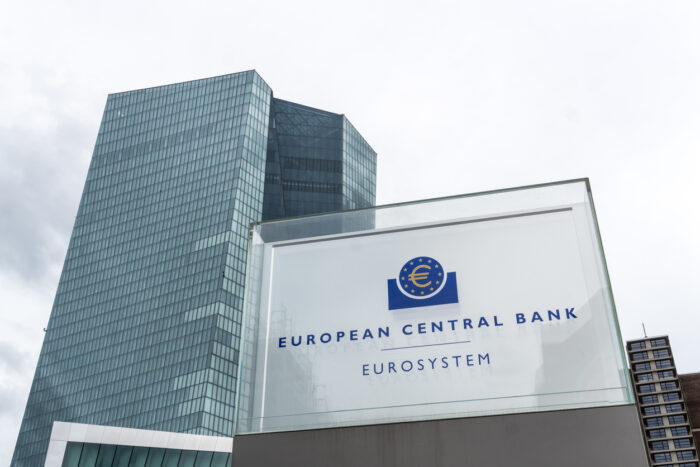A prominent policymaker at the European Central Bank emphasized on Friday that the euro zone should avoid using its currency as a tool in international disputes, as this could ultimately lead to its weakening. This statement came amidst the European Union’s consideration of confiscating Russian state assets.
ECB Policymaker Cautions Against Confiscating Russian Assets

European authorities have been mulling over the possibility of seizing frozen Russian assets, including those belonging to the central bank, to fund Ukraine’s reconstruction. However, there are concerns that the negative impacts of such an action, including possible retaliation and a decrease in confidence in European assets, might outweigh the benefits.
Using a currency as a weapon can diminish its appeal and pave the way for alternative currencies, according to Fabio Panetta, Governor of the Bank of Italy, who made these remarks without directly mentioning Russia. He emphasized that the use of such power must be prudent, considering the ongoing nature of international relations.
In a separate statement, ECB policymaker Martins Kazaks, who is also the Governor of Latvia’s central bank, stressed that Europe should contribute to Ukraine’s war efforts. However, he argued that this support should not hinge on the recovery of European assets stranded in Russia.
Don’t miss out the latest news, subscribe to LeapRate’s newsletter
In 2022, the EU, the United States, Japan, and Canada froze approximately $300 billion of Russian central bank assets after Russia’s invasion of Ukraine. Around $200 billion of this is held in Europe, primarily in Euroclear, a Belgian clearing house.
There is an opposing view that seizing assets could lead to a withdrawal of international investors, fearing for the safety of their investments. This could weaken the currency and increase yields.
Panetta, a former member of the ECB board, noted that the conflict involving Ukraine has elevated the role of the Chinese renminbi, especially in Russian trade, diminishing the standing of other currencies. He pointed out that China is actively promoting the renminbi’s global role, even in countries facing international sanctions post-Ukraine invasion.
As a consequence, the renminbi has surpassed the euro in terms of trade finance usage and the yen in global payment transactions.